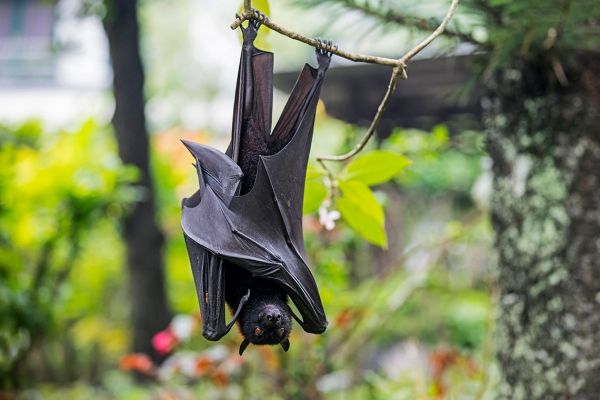Infections like Nipah virus and Ebola have begun to appear more rapidly among human populations over the past twenty years, but experts have yet to conclude why this may be the case.
In India, the lesser-known Nipah virus has been part of a recurrent outbreak since the late 1990s, where it has a high case fatality rate of 40 to 60 per cent.
“Nipah virus is different from Ebola in that it more readily affects the lungs and the brain,” says Dr. Sharmistha Mishra an assistant professor at the University of Toronto's Institute of Health Policy, Management and Evaluation and an infectious disease physician and epidemiologist at St. Michael’s Hospital. “While Ebola attacks the organs and shuts down the body in large part due to fluid loss, Nipah can have severe neurological side effects that vary depending on how the body reacts to the virus.”
Treatment of those infected with Nipah requires intensive supportive care, but symptoms can also appear on a spectrum of severity. Some people develop only flu-like symptoms, while others can suffer seizures or end up in a comatose state.
Continue reading at University of Toronto.
Image via Getty Images.


